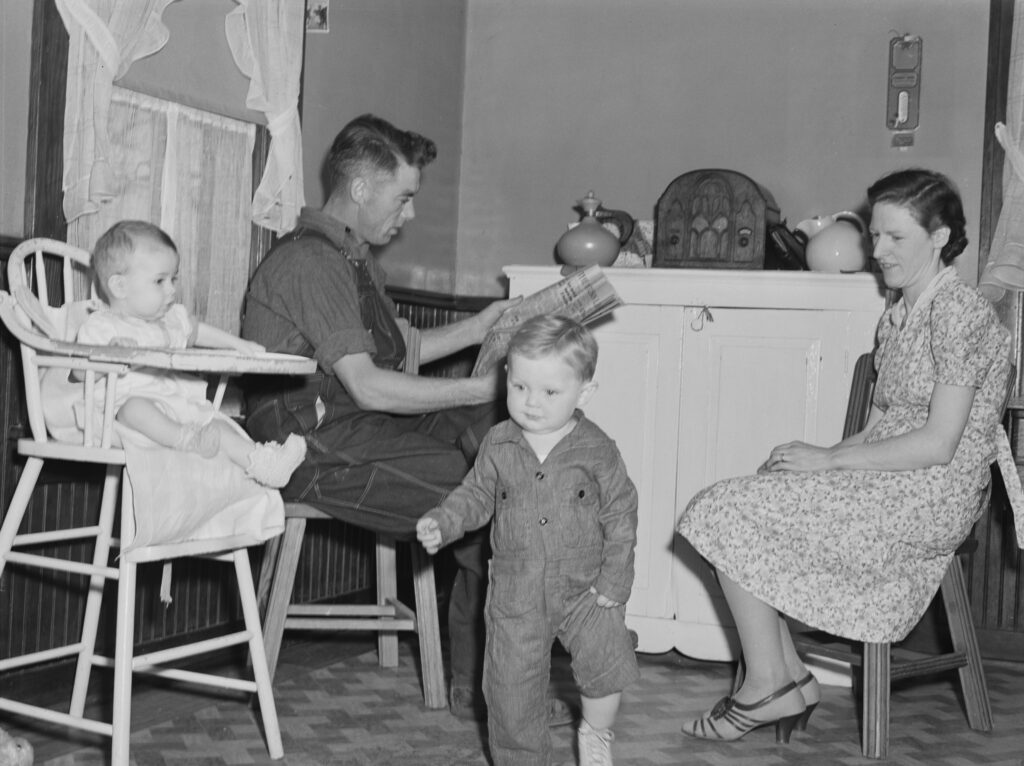Moving into a new family can be a significant transition for children, impacting them psychologically in various ways. As a parent navigating this change, I understand the importance of supporting our kids during this adjustment period.
In this article, I’ll delve into the psychological effects that moving into a new family can have on children and provide practical tips on how to help them adapt smoothly. From feelings of insecurity to struggles with identity, children may face a range of emotions when blending into a new family dynamic.
As a parent, it’s crucial to recognize these challenges and offer the necessary support to help our kids feel secure and valued in their new environment. By understanding the psychological impact of this transition, we can implement strategies that promote resilience and emotional well-being in our children as they navigate this significant life change.
Understanding the Psychological Effects of Moving into a New Family
In understanding the psychological effects of moving into a new family, it’s crucial to acknowledge the myriad emotions children may experience during this transition. Children faced with such change often grapple with feelings of insecurity, confusion, and a sense of displacement.
It’s essential for parents to grasp the depth of these emotions to provide effective support and guidance to their children during this challenging period. Children moving into a new family dynamic may encounter identity struggles as they navigate unfamiliar relationships and roles within the household.
This adjustment phase can trigger a range of emotions, from anxiety to fear of rejection or not fitting in. Recognizing these emotional challenges is vital for parents to create a nurturing environment that fosters a sense of belonging and acceptance for the children.
As parents, understanding the psychological impact of moving into a new family enables us to empathize with our children’s emotional journey. By acknowledging their feelings of uncertainty and vulnerability, we can offer reassurance, stability, and a safe space for them to express their concerns openly.
This validation of their emotions empowers children to cope with the changes positively and cultivate resilience in adapting to their new family structure. In navigating the psychological effects of moving into a new family, parents play a pivotal role in facilitating their children’s adjustment process.
By fostering open communication, demonstrating empathy, and providing consistent support, parents can help alleviate children’s emotional distress and promote a smoother transition into the new family environment. Understanding these psychological dynamics is key to nurturing a strong, supportive family bond and promoting the emotional well-being of all family members.
Factors Influencing Children’s Adjustment to a New Family
Age of the Child
In understanding the factors that influence children’s adjustment to a new family, the age of the child plays a significant role. Younger children, typically under the age of five, may have different coping mechanisms compared to older children or teenagers.
Young children might struggle with changes in routine and separation anxiety, requiring more reassurance and physical comfort during the transition. On the other hand, older children and teenagers may experience complex emotions related to their identity and relationships within the new family structure.
Previous Experiences
Another crucial factor influencing children’s adjustment to a new family is their previous experiences. Children who have experienced multiple transitions or disruptions in their living arrangements may find it harder to trust and form attachments in their new family environment.
Understanding a child’s history and addressing any past traumas or insecurities through therapy or counseling can significantly impact their ability to adapt and thrive in the new family setting.
Communication and Support
Effective communication and consistent support from parents are essential elements in helping children adjust to a new family. Open dialogue allows children to express their feelings, fears, and concerns, fostering a sense of belonging and security.
Parents should actively listen, validate their children’s emotions, and provide reassurance throughout the adjustment period. By creating a safe space for communication and offering unwavering support, parents can help alleviate anxiety and build trust, ultimately promoting a smoother transition for the entire family unit.
Strategies to Help Children Adjust to a New Family
In assisting children in transitioning into a new family, several key strategies can significantly aid in their adjustment process. Below are practical approaches that parents can implement to support their children during this challenging period:
- Open Communication: Encouraging open dialogue and active listening can help children express their emotions and concerns freely. By creating a safe space for communication, parents allow children to feel heard and understood, fostering trust and emotional bonding within the family.
- Consistent Support: Providing consistent emotional support and reassurance is vital in helping children feel secure and valued in their new family environment. Consistency in caregiving and parental involvement can promote a sense of stability and comfort, easing the adjustment period for children.
- Establishing Routines: Creating predictable routines and schedules can offer a sense of stability and structure for children adjusting to a new family dynamic. Consistent daily routines help children feel secure and provide a sense of normalcy amid the changes they are experiencing.
- Encouraging Bonding Activities: Engaging in bonding activities as a family can strengthen relationships and foster a sense of belonging among family members. Activities such as family outings, game nights, or shared hobbies can promote bonding and create positive experiences for children in their new family setting.
- Seeking Professional Support: In cases where children exhibit signs of emotional distress or struggle significantly with the transition, seeking professional help from a child psychologist or counselor can offer valuable support. Professional guidance can assist children in processing their emotions and developing coping strategies for adjusting to their new family.
By implementing these strategies, parents can help their children navigate the challenges of transitioning into a new family with resilience and emotional well-being. Supporting children through open communication, consistent care, and engaging activities can foster a positive and smooth adjustment process, promoting strong family bonds and a sense of security for all family members.
Support and Counseling for Children and Parents
In supporting children and parents during the transition into a new family, I advocate for seeking professional counseling when needed. It is essential to recognize the value of professional expertise in addressing complex emotional dynamics that may arise during this period.
By consulting with counselors or therapists specializing in family dynamics and child psychology, parents can gain valuable insights and guidance on how to navigate the challenges their children may be facing. As a parent myself, I understand the importance of seeking professional help when necessary.
Counseling sessions can provide a safe space for children to express their emotions, fears, and concerns openly. This process not only helps children feel heard and understood but also equips parents with effective strategies to support their children’s emotional well-being and adjustment process.
Additionally, family therapy sessions can be beneficial for fostering open communication and understanding among family members. These sessions create a collaborative environment where everyone can express their thoughts and feelings, leading to improved relationships and a sense of unity within the new family structure.
I recommend that parents prioritize their own well-being as well. Moving into a new family can be emotionally taxing for parents, and seeking counseling or support groups can help them navigate their own feelings of stress, guilt, or uncertainty.
Taking care of their mental health enables parents to better support their children and promote a positive family environment. Professional support and counseling play a significant role in helping children and parents adjust to a new family dynamic.
By acknowledging the benefits of seeking professional help, families can overcome emotional challenges, foster stronger relationships, and create a supportive environment that nurtures the well-being of all family members.




